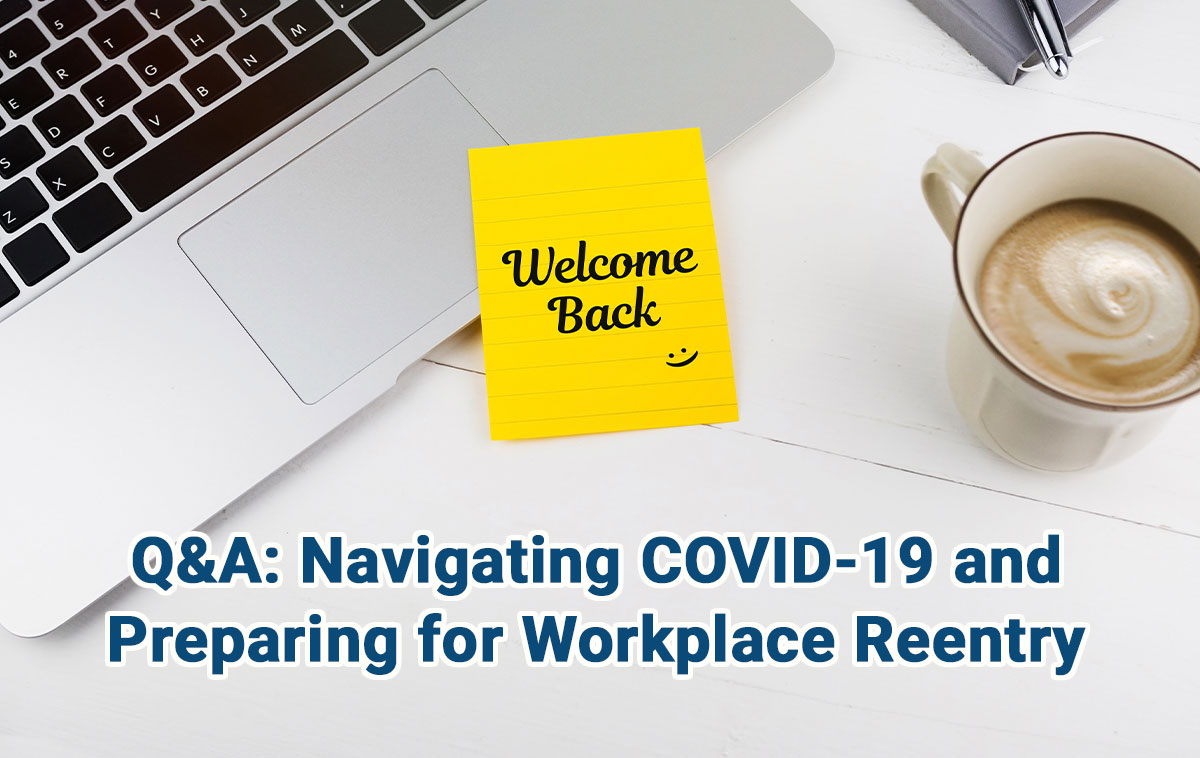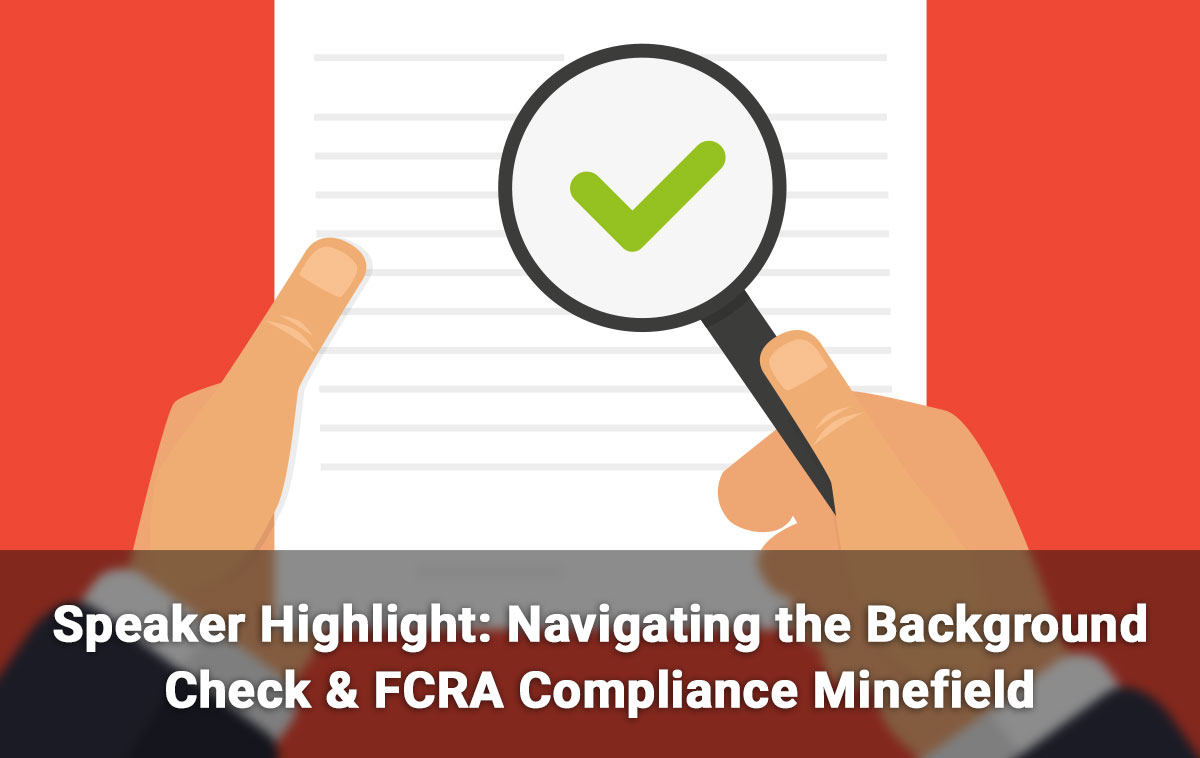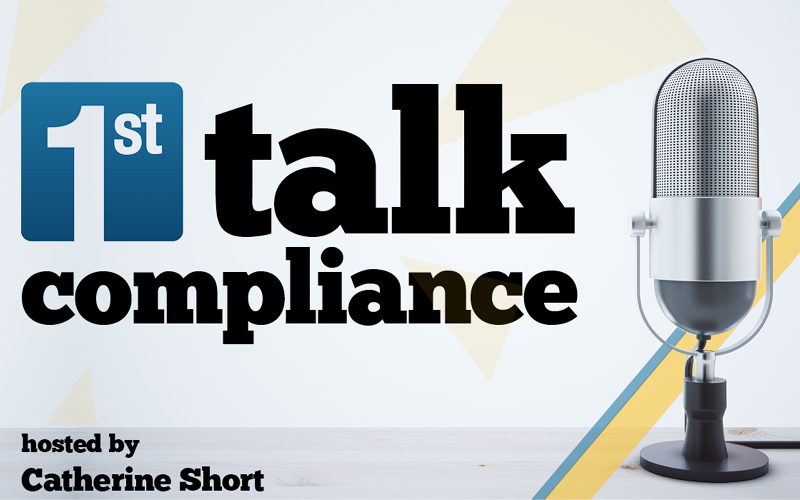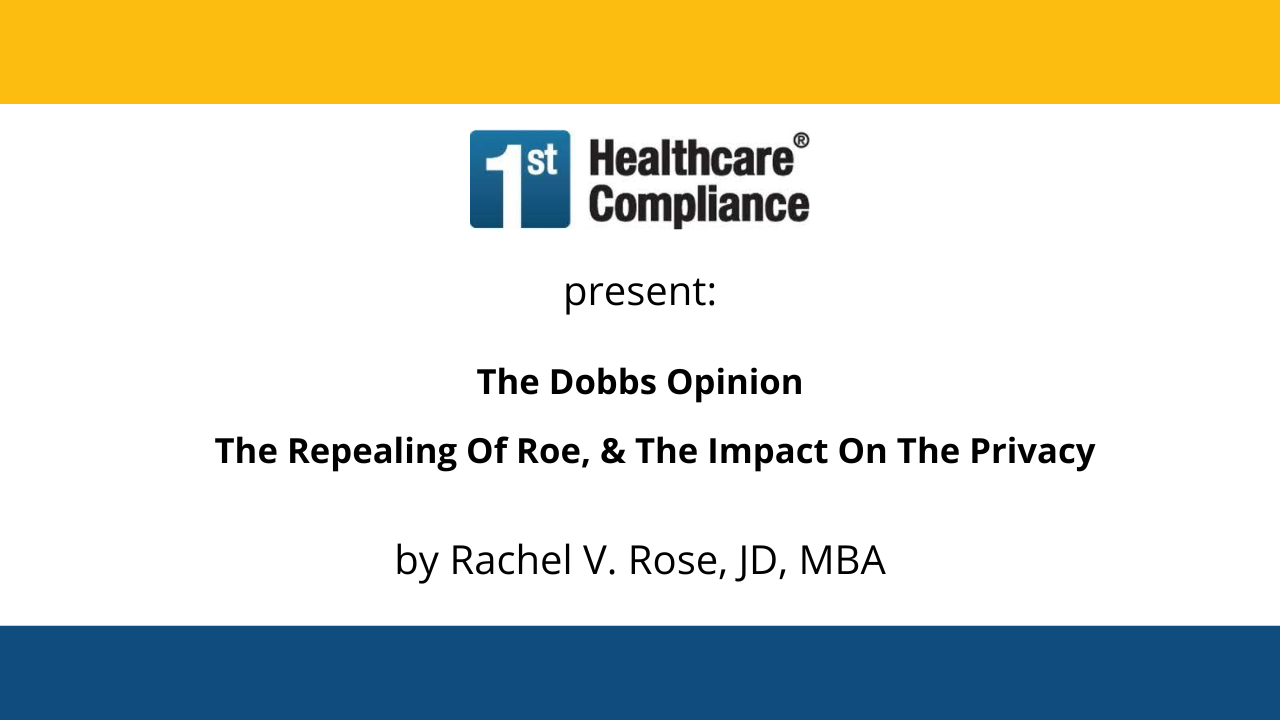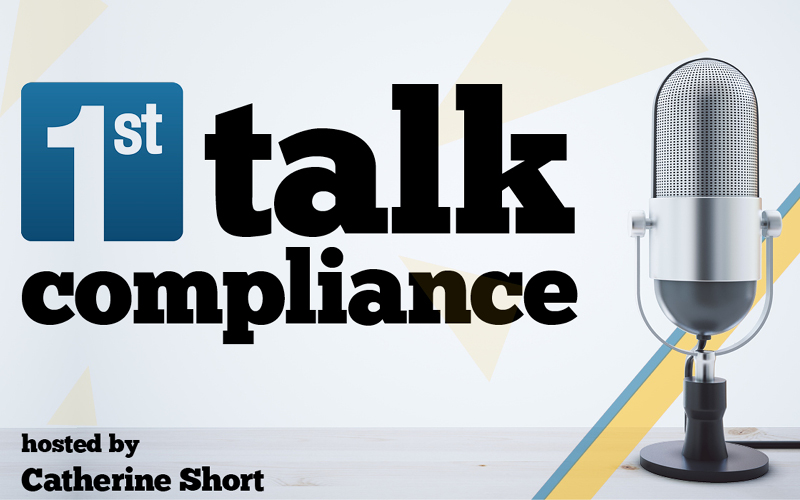10 Best Practices for Employee Training in Healthcare

Effective employee training is crucial in the healthcare industry to ensure staff competency, compliance with regulations, and the delivery of high-quality care. Well-designed training programs help healthcare organizations stay current with evolving practices and mitigate risks. Below are 10 best practices for employee training in healthcare, equipping organizations with the knowledge to develop comprehensive and impactful training initiatives.
- Assess Training Needs:Before designing a training program, conduct a thorough assessment of training needs within the organization. Identify areas where employees require additional skills or knowledge to perform their roles effectively. Consider factors such as regulatory requirements, emerging trends, and organizational goals.
- Develop Clear Learning Objectives:Set clear and measurable learning objectives for each training program. Clearly define what employees should be able to do or know by the end of the training. Well-defined objectives guide the content and structure of the training, ensuring that it addresses specific learning needs.
- Utilize a Blended Learning Approach:Employ a blended learning approach that combines various training methods, such as in-person workshops, online modules, interactive simulations, and on-the-job training. This approach accommodates different learning styles, enhances engagement, and allows for flexibility in delivering training to a diverse workforce.
- Ensure Regulatory Compliance:Integrate regulatory compliance training into the overall training program. Keep employees informed about the latest regulations, guidelines, and policies relevant to their roles. Ensure that compliance training is up-to-date, accurate, and aligned with industry best practices.
- Provide Role-Specific Training:Tailor training programs to specific roles and responsibilities within the healthcare organization. Different job functions may require specialized training to address unique challenges and requirements. Providing role-specific training ensures that employees receive the knowledge and skills directly applicable to their job duties.
- Engage Subject Matter Experts:Engage subject matter experts (SMEs) from various disciplines to contribute to the training development process. SMEs bring their expertise and insights, ensuring that the training content is accurate, relevant, and reflects current industry practices.
- Foster Continuous Learning:Promote a culture of continuous learning by offering ongoing educational opportunities and resources beyond initial training programs. Encourage employees to pursue professional development, attend conferences, and engage in self-directed learning. This helps employees stay updated and motivated in their roles.
- Implement Assessments and Feedback Mechanisms:Incorporate assessments and feedback mechanisms throughout the training process. Assessments can be in the form of quizzes, case studies, or simulations to gauge knowledge retention and skill application. Feedback mechanisms allow employees to provide input on the training effectiveness and identify areas for improvement.
- Evaluate Training Effectiveness:Regularly evaluate the effectiveness of training programs to ensure they are achieving desired outcomes. Collect feedback from employees, track performance metrics, and assess the impact of training on job performance and patient outcomes. Use this feedback to refine and enhance future training initiatives.
- Stay Current with Evolving Practices:Keep abreast of emerging trends, new research, and advancements in the healthcare field. Update training programs accordingly to reflect the latest evidence-based practices and industry standards. Continuous improvement ensures that training remains relevant and impactful.
Employee training is vital for maintaining a competent and compliant healthcare workforce. By following these best practices, healthcare organizations can design and deliver effective training programs that enhance employee skills, promote regulatory compliance, and drive the delivery of high-quality care. Investing in comprehensive and well-designed training initiatives fosters a culture of continuous learning and positions healthcare organizations for success in a rapidly evolving industry.
If you need assistance or guidance in developing employee training programs for your healthcare organization, our team of experts at First Healthcare Compliance is here to support you. Let’s elevate the skills and knowledge of your workforce, ensuring they deliver exceptional care and contribute to the overall success of your organization.


